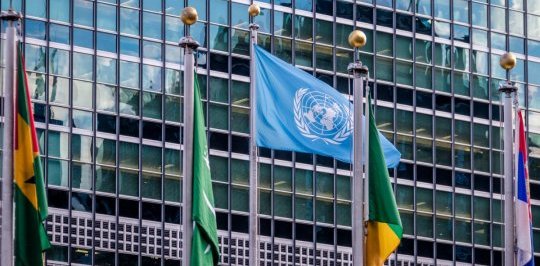The UN currently places cannabis in the strictest categories in the Single Convention on Narcotic Drugs of 1961 and the Convention on Psychotropic Substances of 1971, which only allow its use for medical and scientific purposes under strict controls.
At the CND meeting this week, the WHO could recommend rescheduling or descheduling the following cannabis categories within the UN Drug Control Conventions :
Cannabis plant and cannabis resin.
Extracts and tinctures of cannabis.
Delta-9-tetrahydrocannabinol (THC).
Isomers of THC.
After a critical review, the WHO announced in June that preparations containing pure CBD should not be controlled under international drug treaties because “to date, there is no evidence of recreational use of CBD or any public health-related problems associated with the use of pure CBD” and it “exhibits no effects indicative of any abuse or dependence potential.”
The UN will vote in March 2019 on this week’s recommendations.
The anticipated recommendations could have a quick effect on the global industry, according to Michael Krawitz, executive director of Veterans for Medical Cannabis Access and a member of FAAAT – an international think tank focused on international drug policy reform.
“The immediate results of a softening of the status of cannabis within the international drug control conventions could include easier international trade, better access for patients, increased research and clarity that CBD isn’t a controlled substance at all,” Krawitz told Marijuana Business Daily.
The discussion is historic because, “for the first time, the status of cannabis within the international drug control conventions could be modified by a simple majority when member states vote what to do with the WHO recommendations,” he said.
Voir en ligne : Marijuana Business Daily

